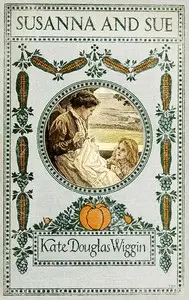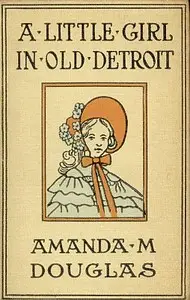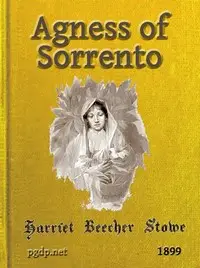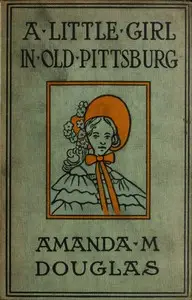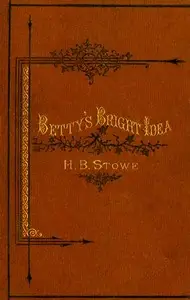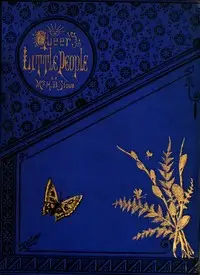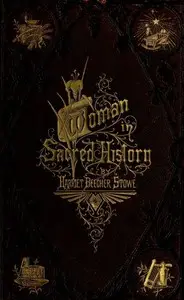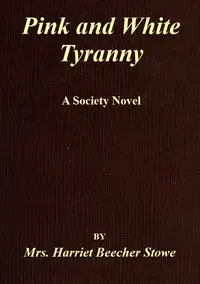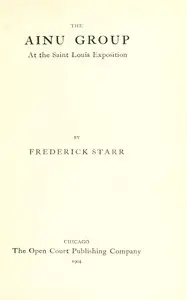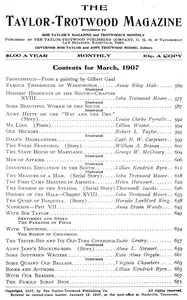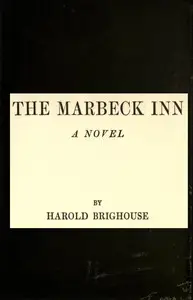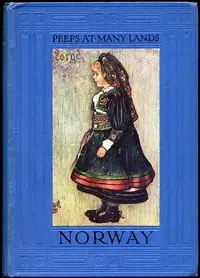"Poganuc People: Their Loves and Lives" by Harriet Beecher Stowe is a story about a young girl named Dolly Cushing growing up in the late 1800s. The book follows Dolly's experiences in the town of Poganuc, exploring her family, friendships, and community. Dolly is the youngest of ten children, and her father is a minister with very strong, strict beliefs. Dolly is curious about the world and often finds herself longing for things her father disapproves of like Christmas celebrations. The story shows Dolly's childhood and her interactions with people around her. The book portrays the warmth of home life mixed with her father's strict beliefs, hinting at conflicts and larger societal issues. It conveys moments of childhood innocence as Dolly navigates faith, family, and the world around her.
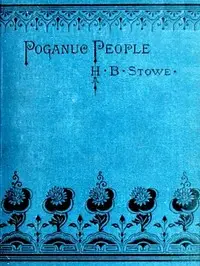
Poganuc People: Their Loves and Lives
By Harriet Beecher Stowe
In a town filled with old traditions, a young girl seeks to understand her place in the world.
Summary
About the AuthorHarriet Elisabeth Beecher Stowe was an American author and abolitionist. She came from the religious Beecher family and wrote the popular novel Uncle Tom's Cabin (1852), which depicts the harsh conditions experienced by enslaved African Americans. The book reached an audience of millions as a novel and play, and became influential in the United States and in Great Britain, energizing anti-slavery forces in the American North, while provoking widespread anger in the South. Stowe wrote 30 books, including novels, three travel memoirs, and collections of articles and letters. She was influential both for her writings as well as for her public stances and debates on social issues of the day.
Harriet Elisabeth Beecher Stowe was an American author and abolitionist. She came from the religious Beecher family and wrote the popular novel Uncle Tom's Cabin (1852), which depicts the harsh conditions experienced by enslaved African Americans. The book reached an audience of millions as a novel and play, and became influential in the United States and in Great Britain, energizing anti-slavery forces in the American North, while provoking widespread anger in the South. Stowe wrote 30 books, including novels, three travel memoirs, and collections of articles and letters. She was influential both for her writings as well as for her public stances and debates on social issues of the day.



